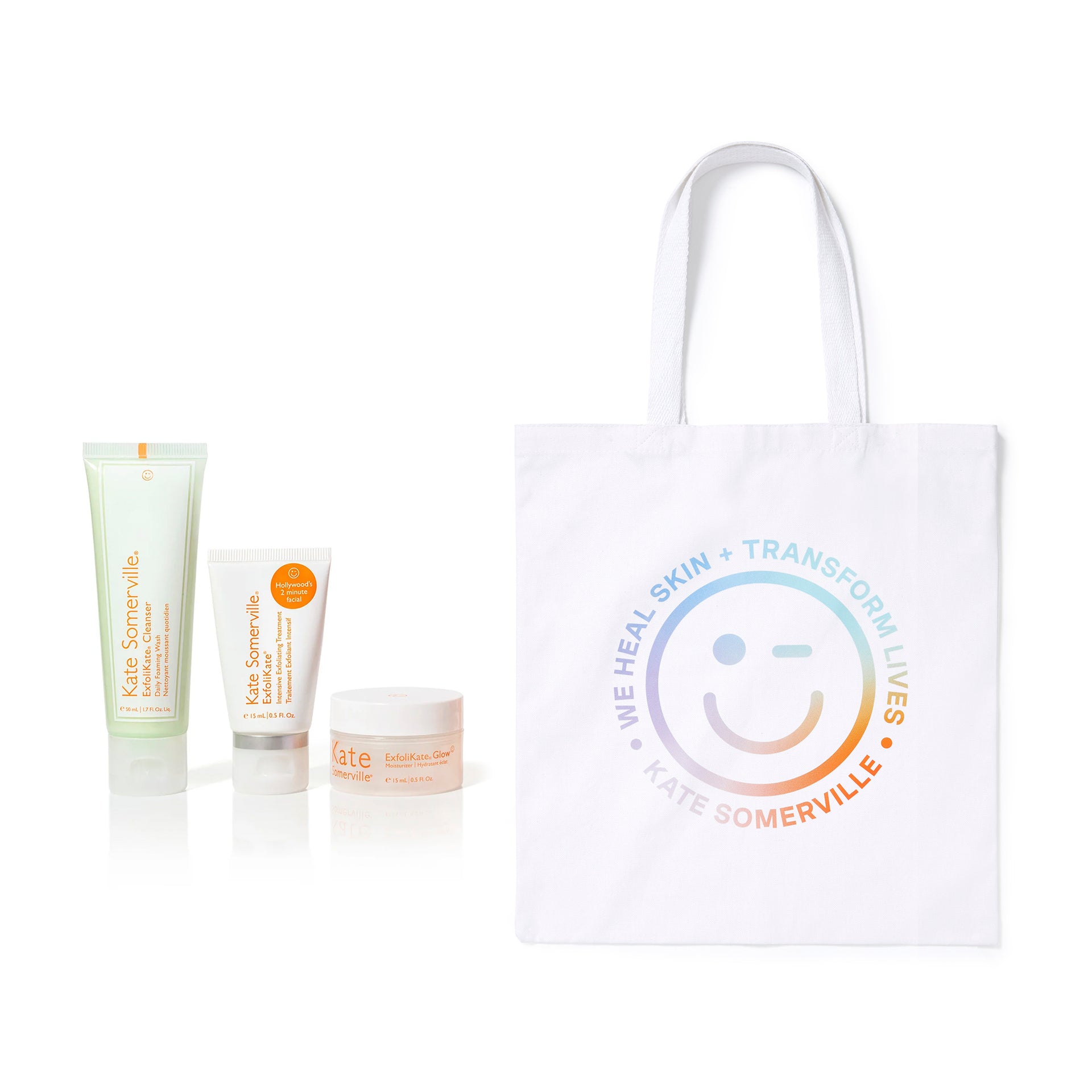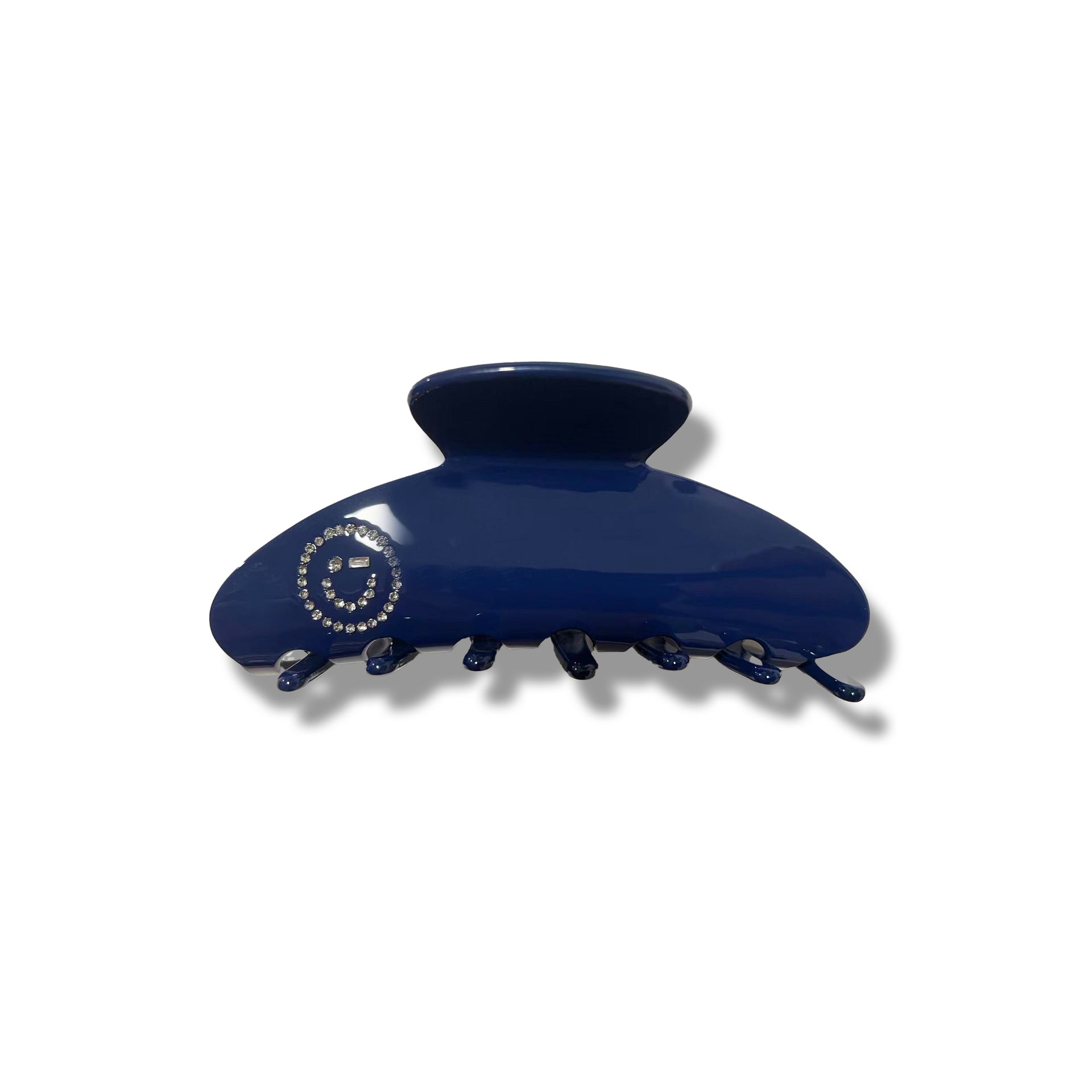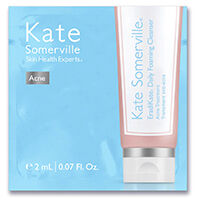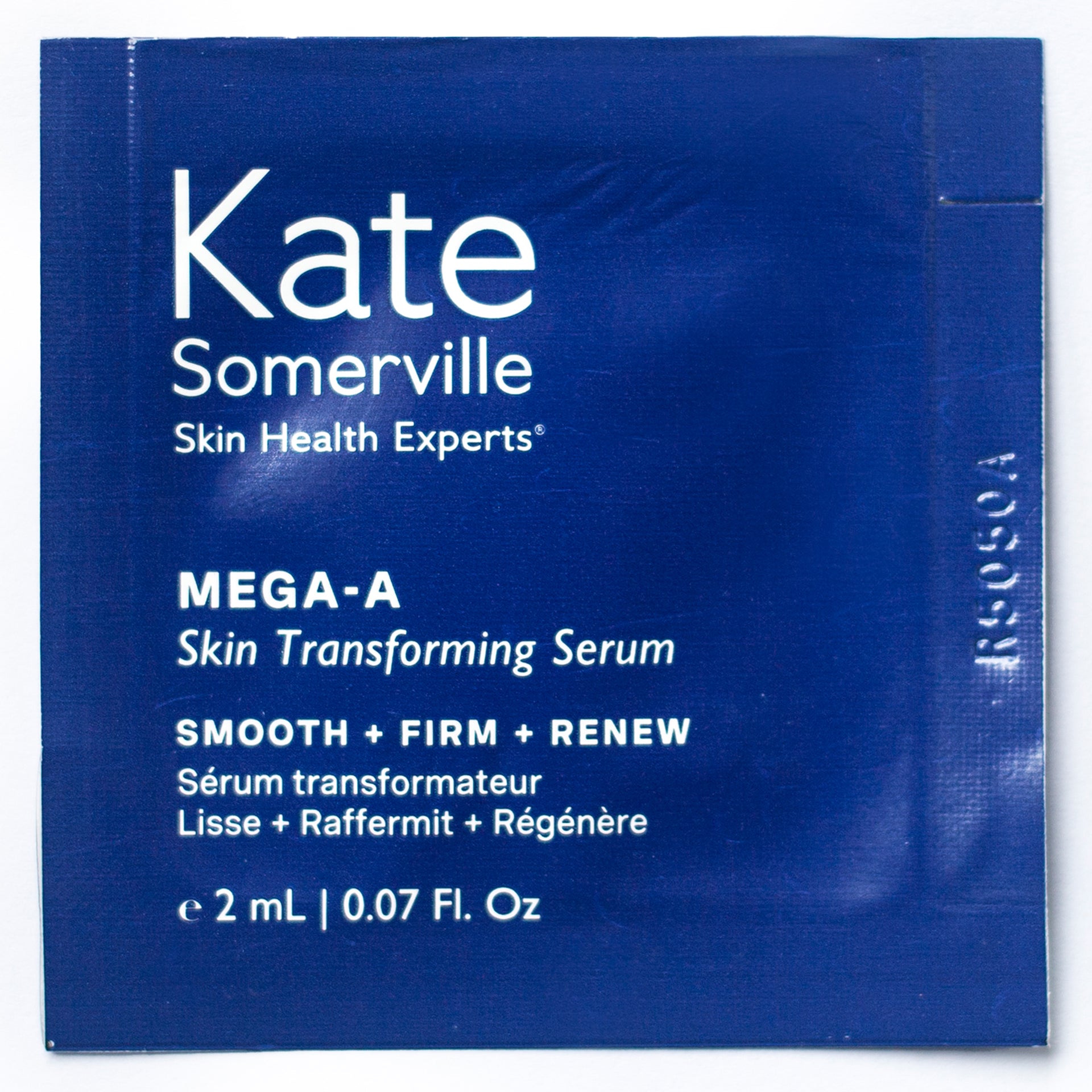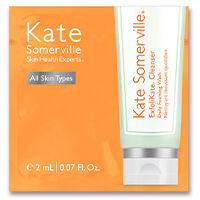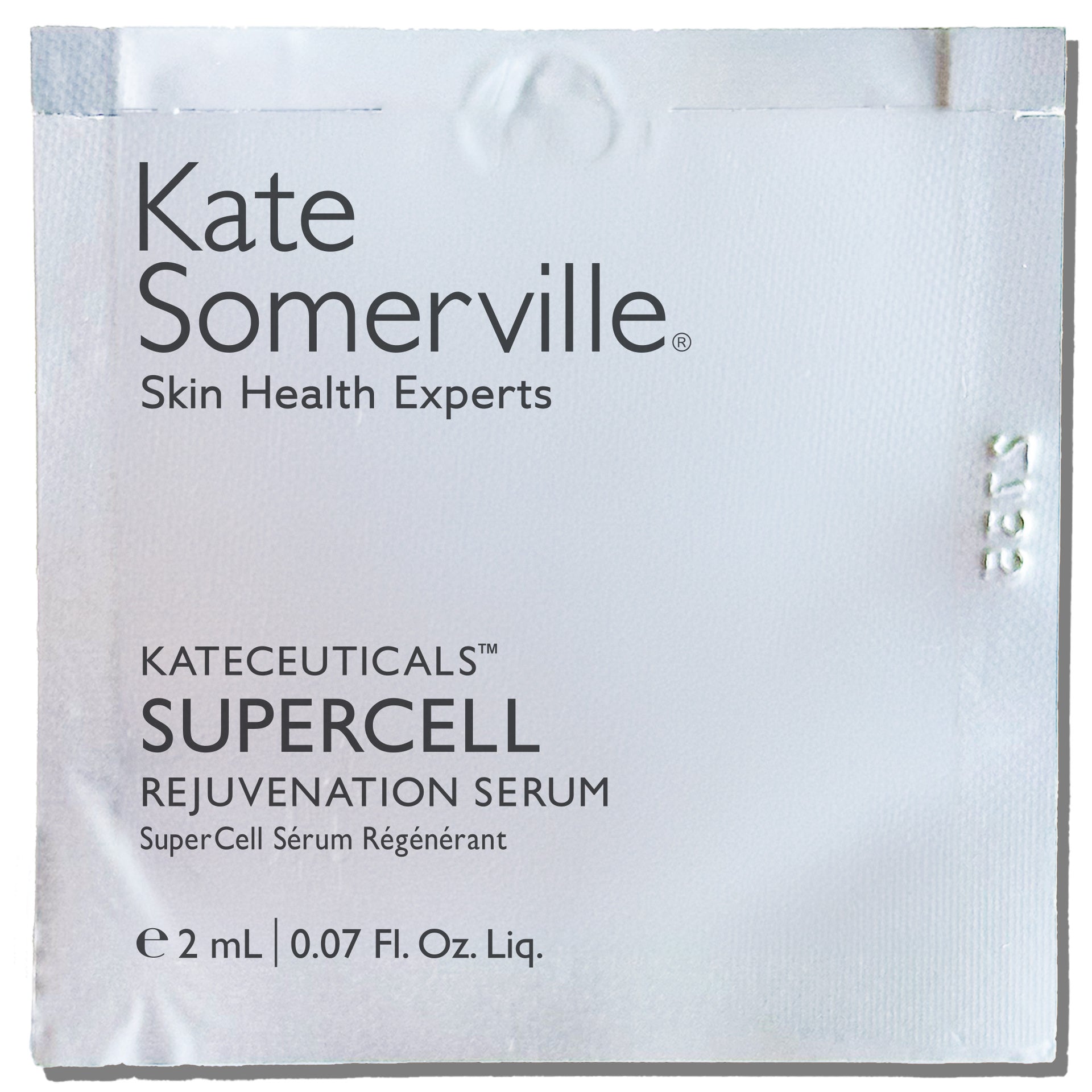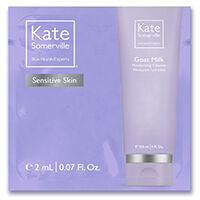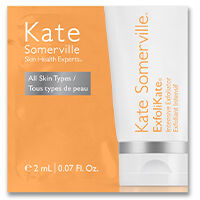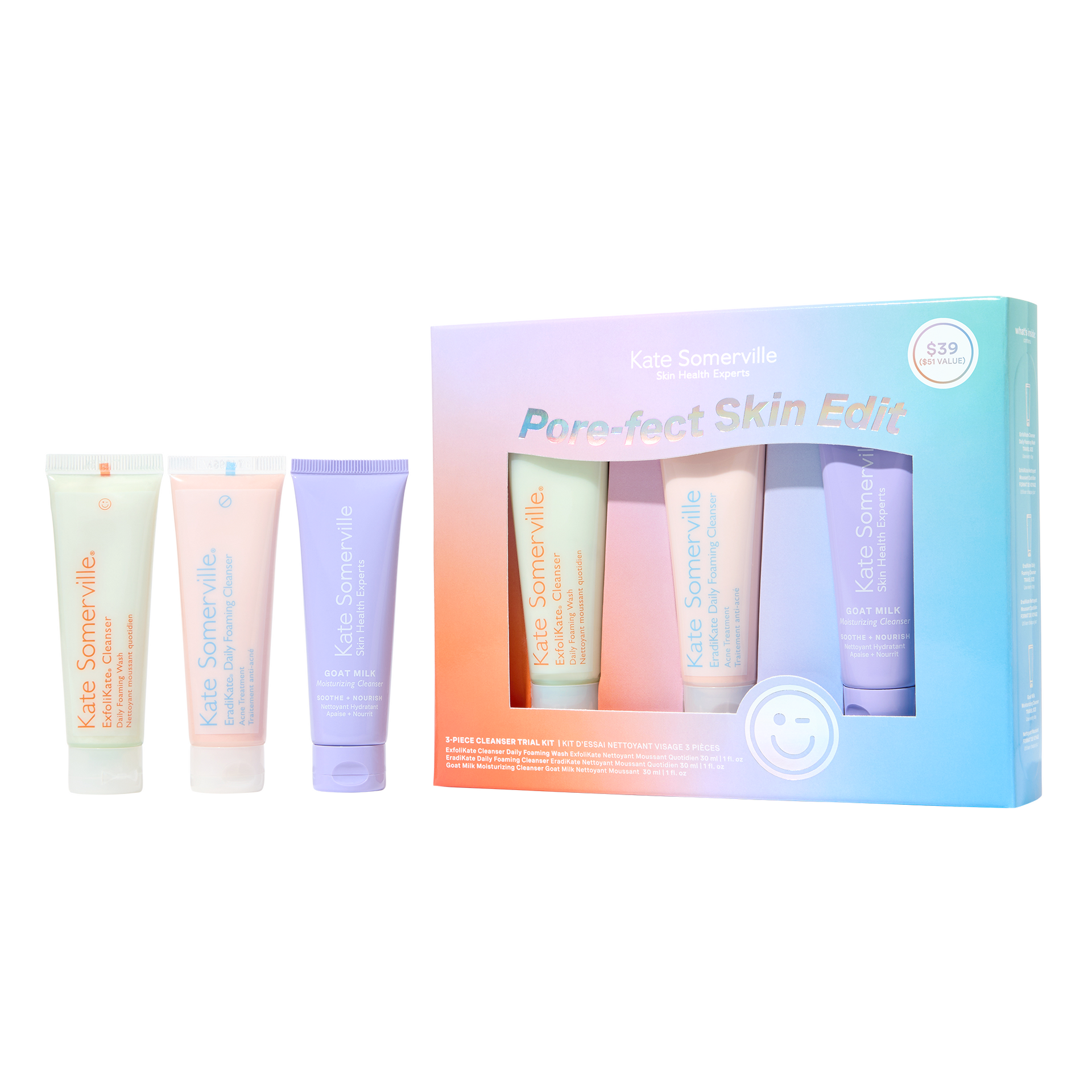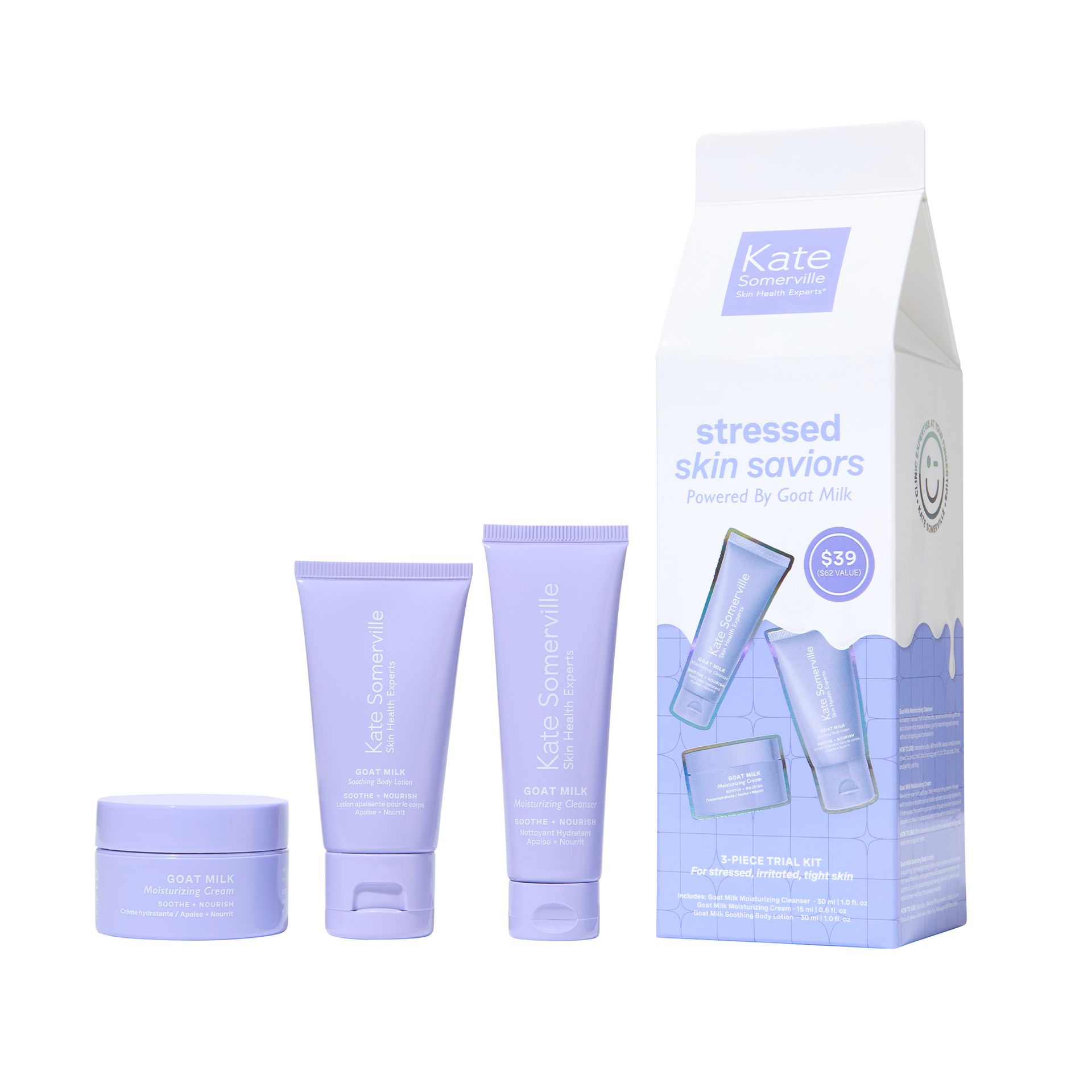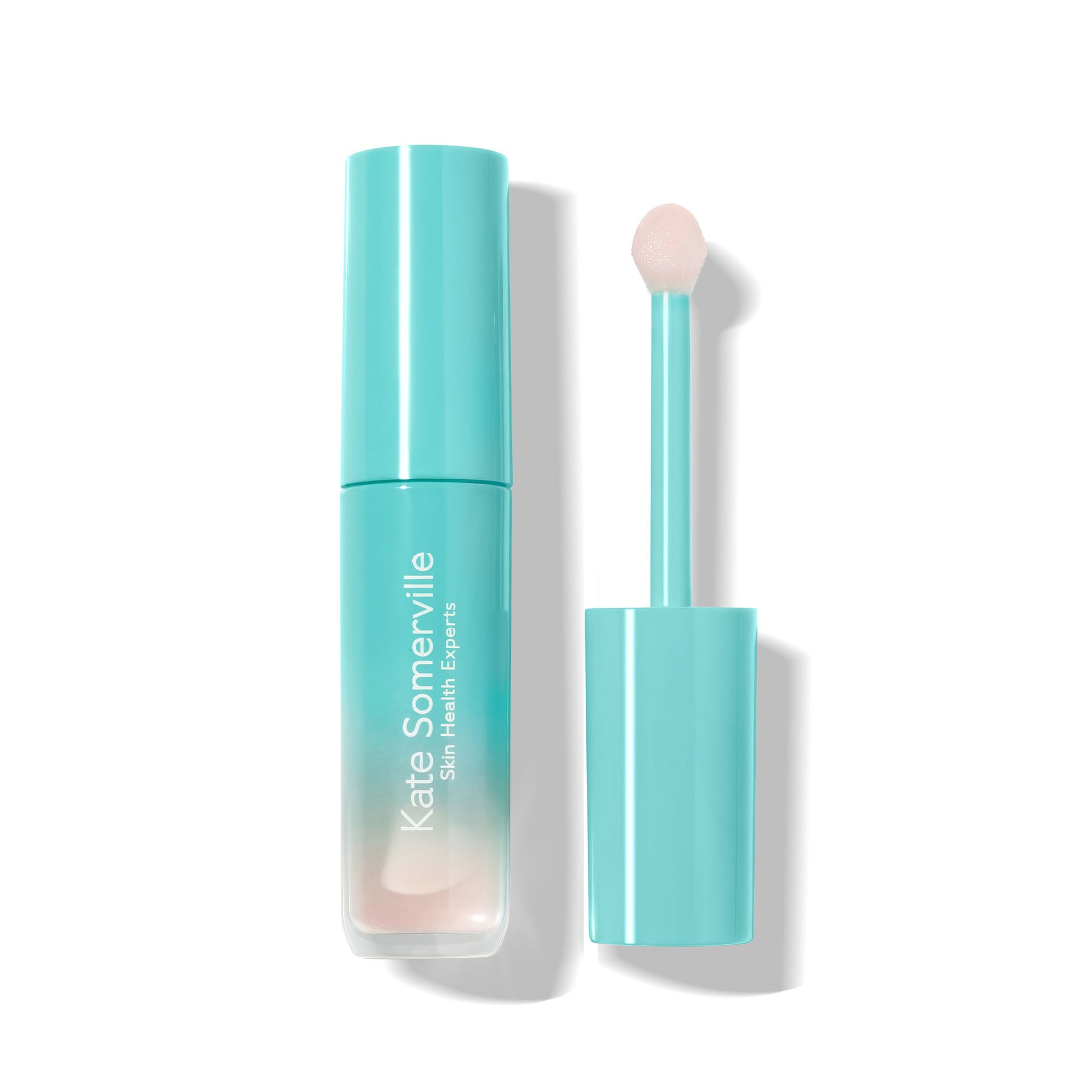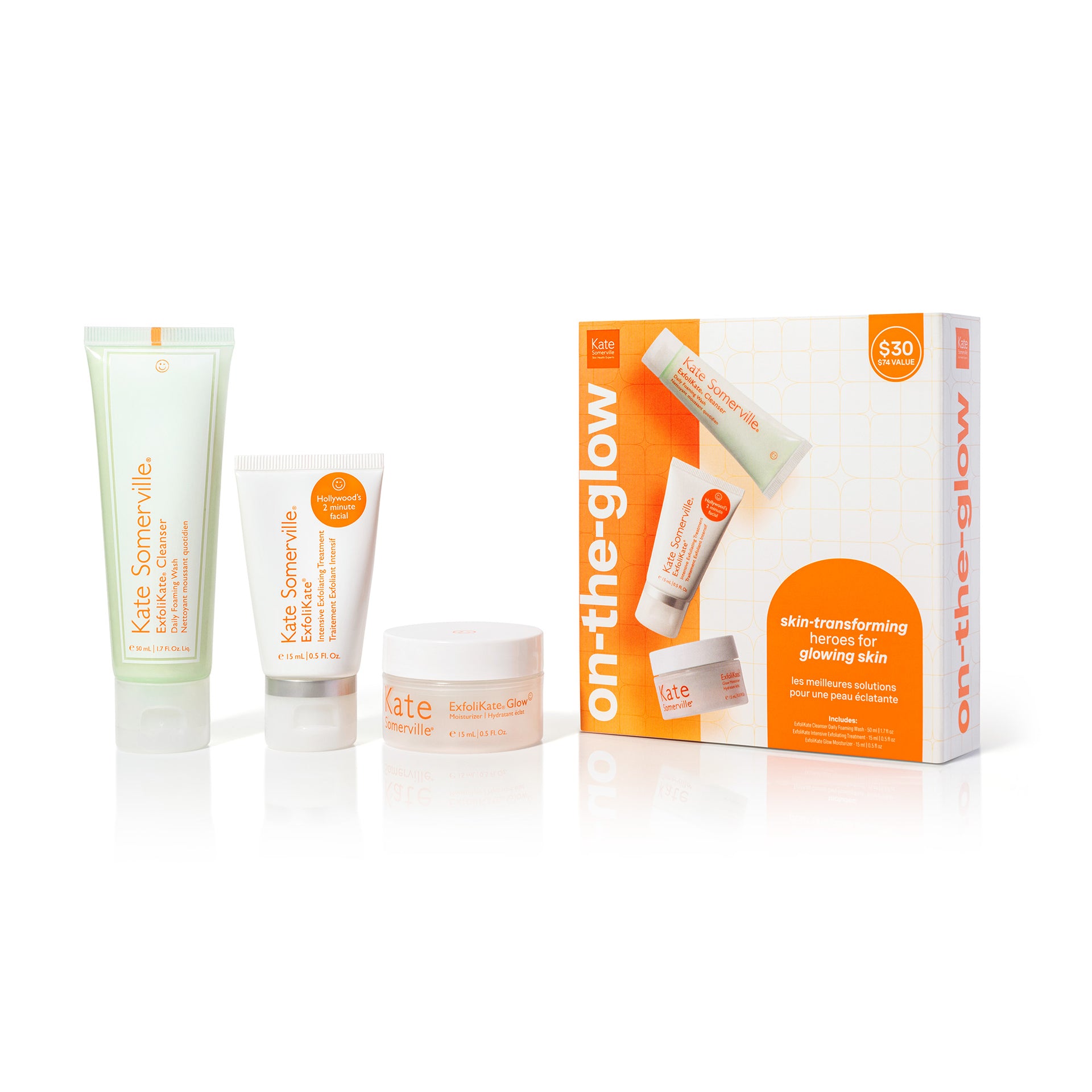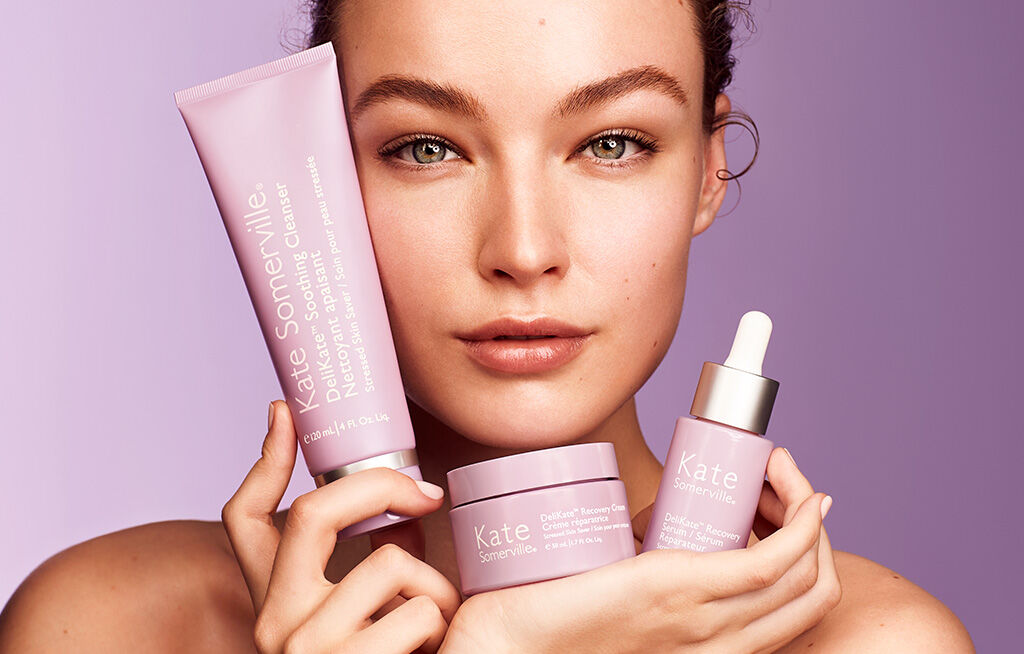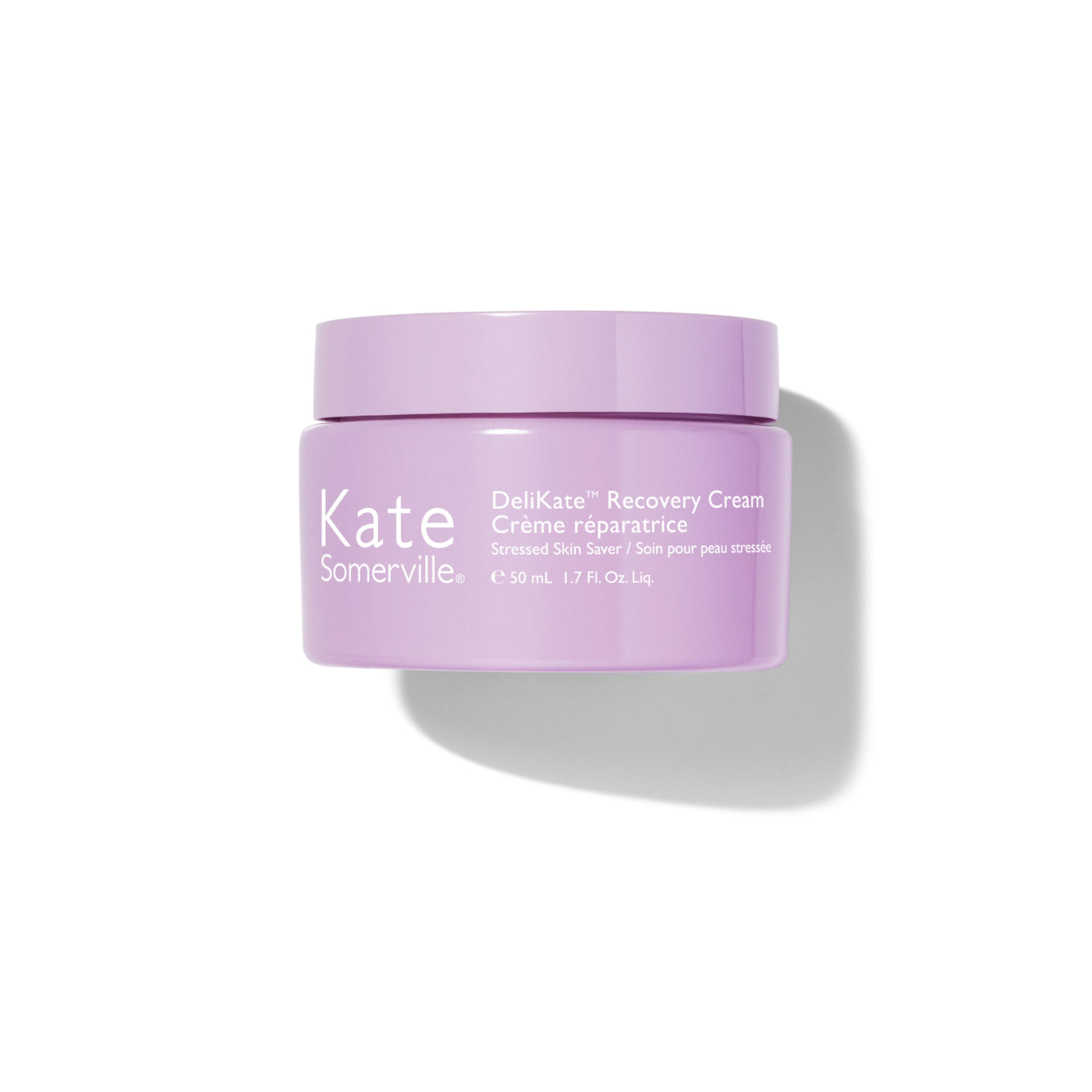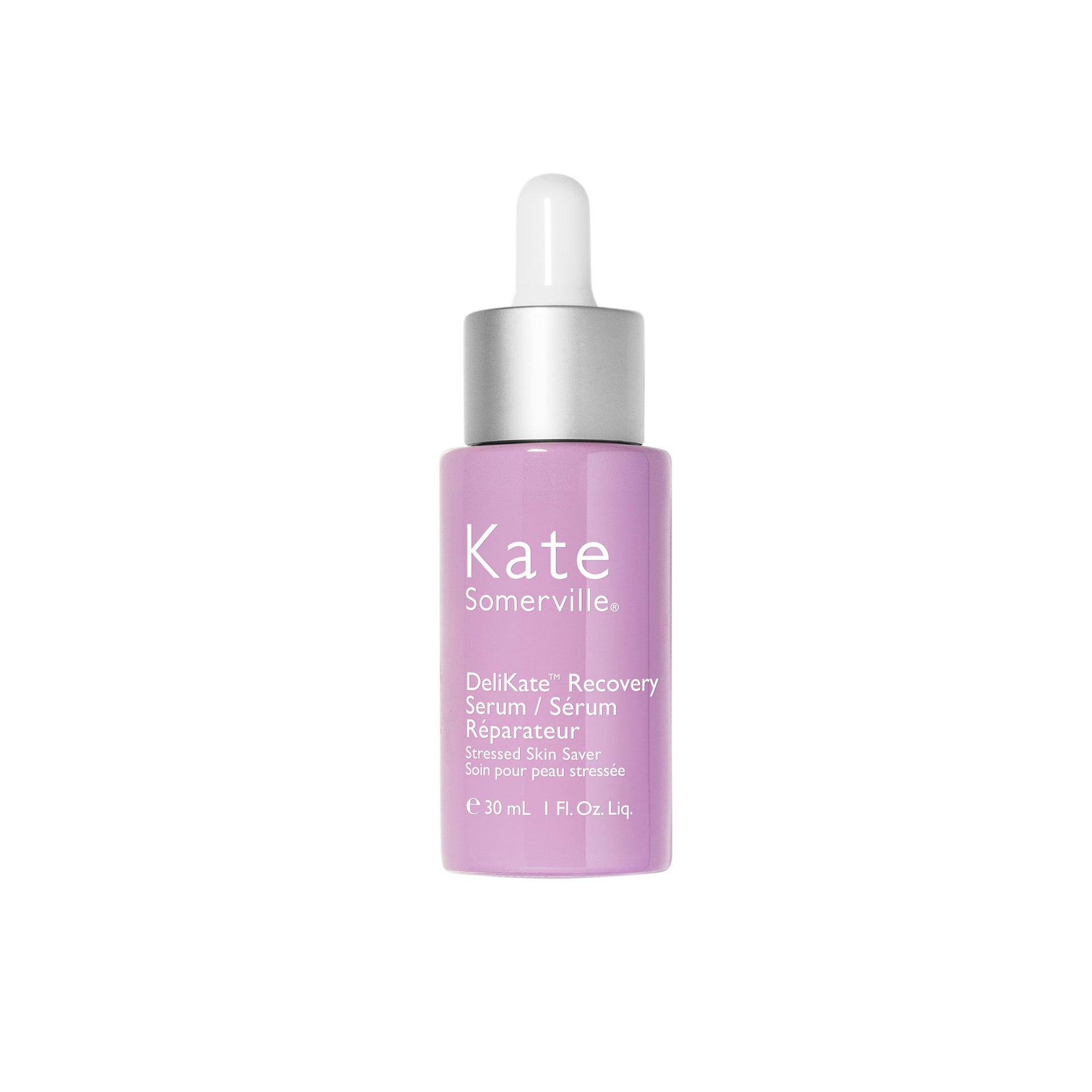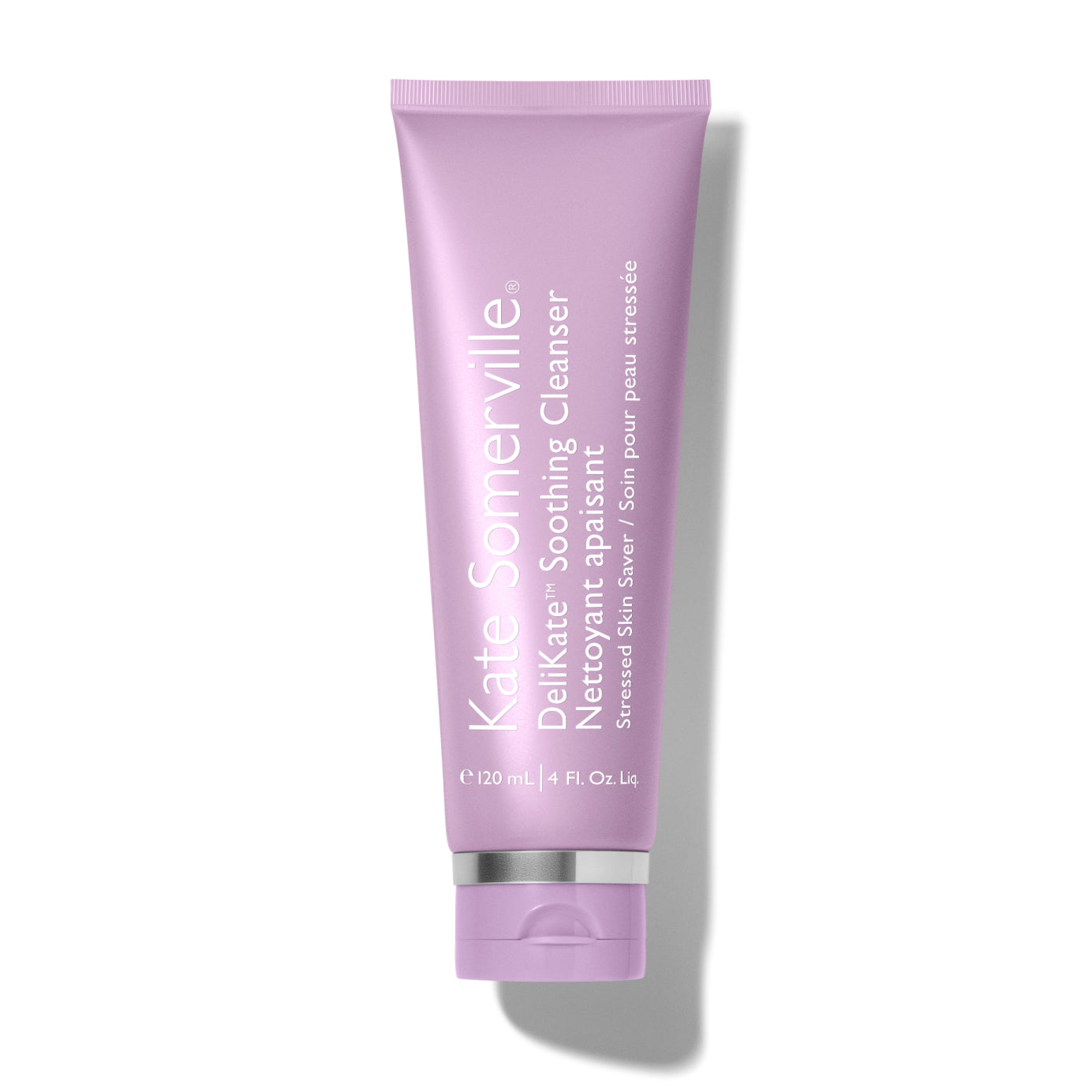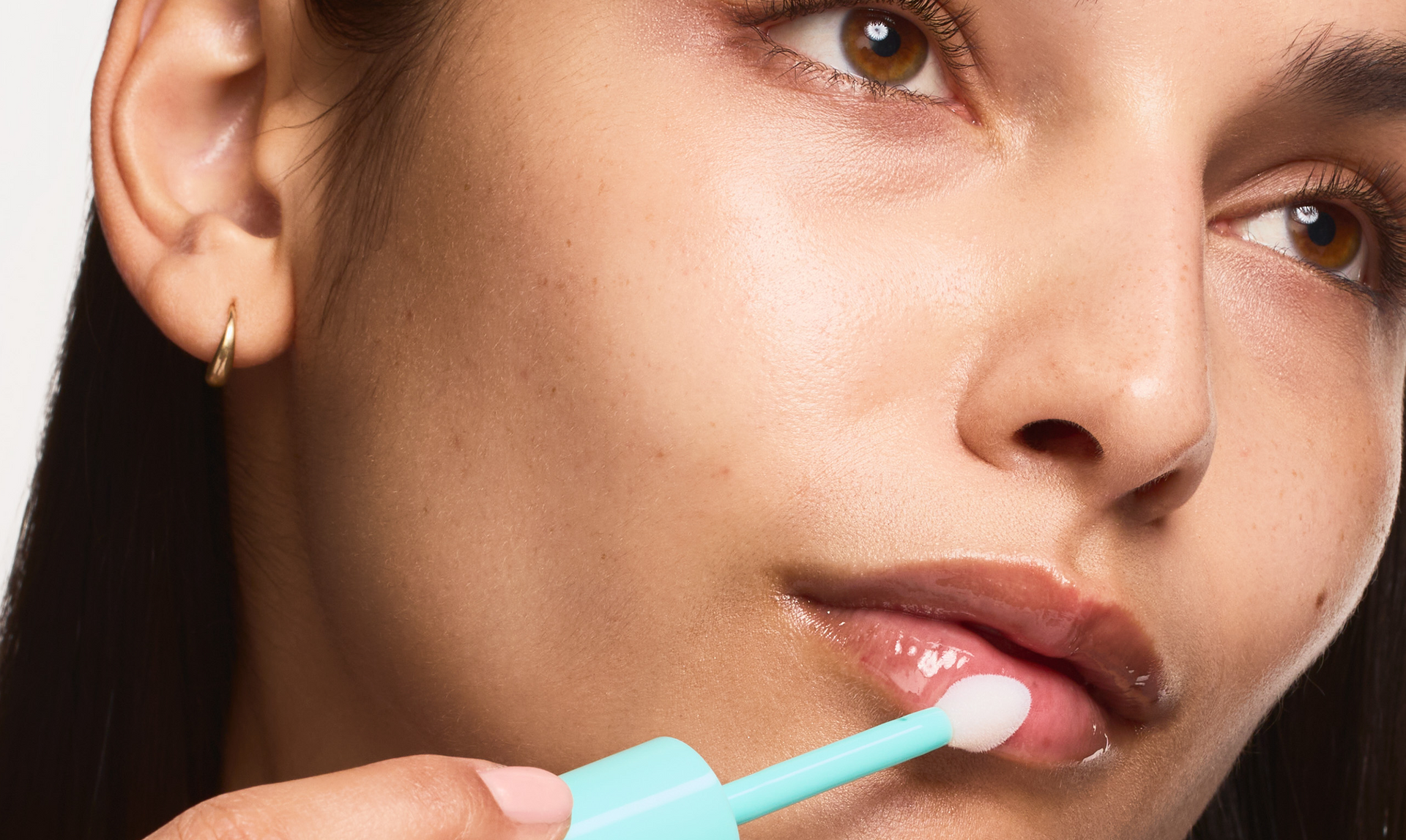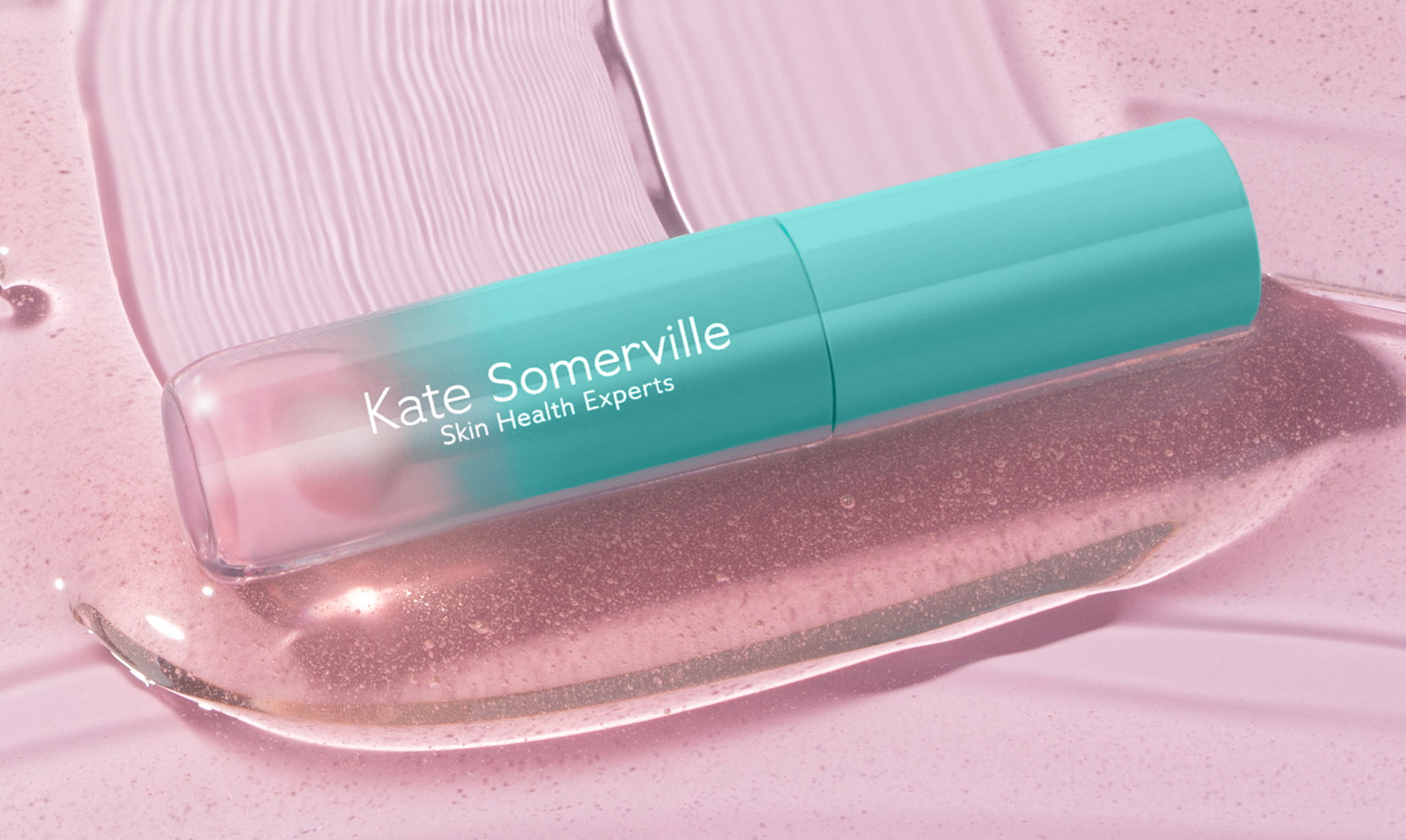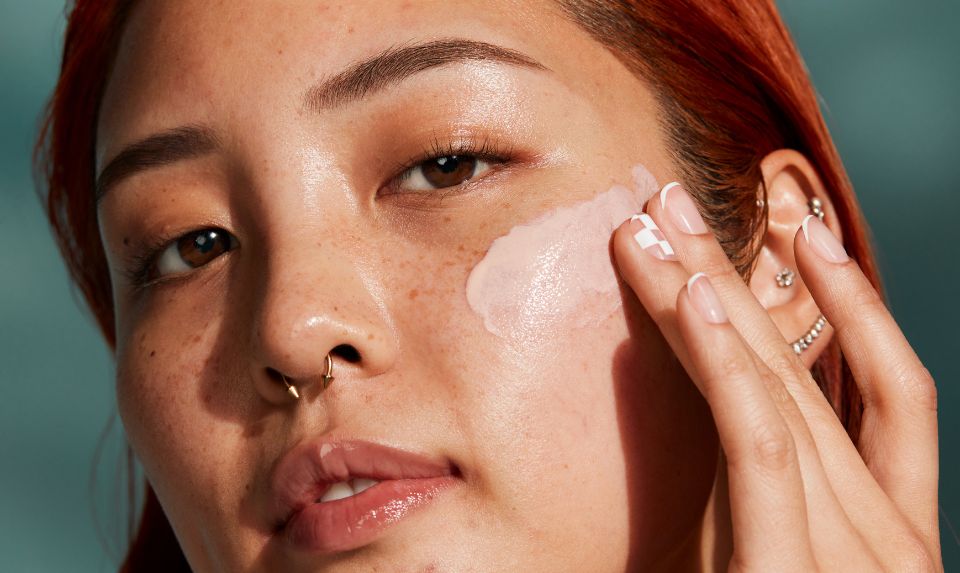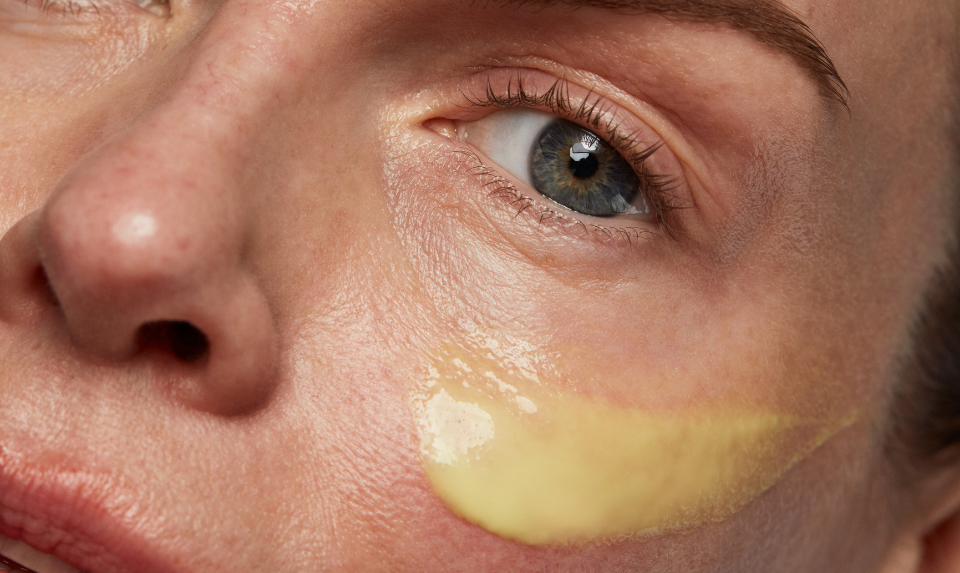Nearly everyone experiences some sort of skin irritation in their lives. Whether it’s slight redness, itching, burning or even peeling, skin irritation is never fun. And while you may find it’s sometimes easier to chalk up skin irritation to simply having “sensitive skin”, as Skin Health Experts, we think it’s important to truly know if you’re dealing with a skin type (sensitive) or a skin condition (sensitized).
In our Skin Health Experts Clinic, we often treat clients with dry or irritated skin. They come in thinking their skin is sensitive. What we often discover together is their skin type isn’t sensitive. Their skin condition is sensitized. And it’s up to us to identify the root causes so we can treat and transform skin back to optimal health. Common causes of skin irritation? Lifestyle changes, skincare products and even pollution can contribute to a sensitized skin condition. And while sensitized skin looks and feels different to everyone, it’s essential to know how to manage it. Knowing the difference between sensitive and sensitized skin is an important first step in understanding how to keep your skin healthy and beautiful. Keep scrolling to better understand skincare for sensitive skin and sensitized skin and the differences between each.
What is Sensitive Skin?
While most people commonly regard sensitive skin as skin that’s easily irritated, there’s a lot more to it than that. When learning to determine if you have sensitive skin, think about the symptoms you commonly experience. Do certain environmental factors cause you to get red, itchy or occasionally break out? If so, then you may have a skin type that is considered sensitive. While both sensitive skin as a skin type and sensitized skin as a skin condition can result in itching, swelling, and irritation, someone with sensitive skin experiences these issues consistently throughout their life. Skin sensitivity is deeply rooted in genetics and is often connected to non-related skin sensitivities like allergies, asthma, and blushing [1]. Those with sensitive skin have usually experienced these symptoms all of their life. These issues can even be related to hormones, such as a stress rash on the face. Sensitive skin types also tend to have less pigment in their skin. This lack of pigment means that sensitive skin has less of a protective barrier [2], making it more easily affected by environmental factors.
Because sensitive skin is genetic, it is not something that can be simply “fixed.” Fortunately, sensitive skin can be addressed and supported. Developing a gentle skincare routine for your sensitive skin will work to soothe your skin and provide the extra protection that it’s lacking. Investing in quality products for sensitive skin, like our Goat Milk Cleanser and Goat Milk Moisturizer can help deliver hydration to your skin’s barrier and keep it looking and feeling its best.
What is Sensitized Skin?
Much like sensitive skin, sensitized skin tends to look blotchy with visible dryness and irritation. This similarity in appearance is what makes it so difficult to distinguish between the two. However, sensitized skin is not a skin type. It’s a skin condition triggered by external or internal factors like medication reaction, poor diet, too much exposure to UV rays, extreme weather conditions, and as a reaction to harsh skincare products or ingredients. Sensitized skin can be treated and resolved while sensitive skin is something you’re born with.
Are you starting to recognize whether you have a sensitive skin type or sensitized skin caused by an irritant? To help you more deeply understand your skin, let’s look at two of the most common factors that contribute to sensitized skin and how you can combat them.
An Overload of Skincare Products
Often, skincare regimens are the leading cause of sensitized skin. While you may think an elaborate skincare routine or one that’s full of harsh ingredients is helping clear your skin of unwanted irritants, it might be what’s causing dryness and irritation. The truth is, our skin does a great job of protecting itself. By producing natural oils, our skin creates a barrier that works to keep environmental irritants out. When we use harsh cleansers and products that strip the skin of natural oils, it can often lead to an increase in breakouts, redness, inflammation, and irritation. If your skin has become sensitized, then we recommend simplifying your routine to just a few steps. Using a gentle cleanser like the Kate Somerville DeliKate® Soothing Cleanser is the perfect way to remove makeup and pore-clogging oil while helping to maintain the skin’s natural moisture barrier. This gentle cleanser also works to soothe stressed or irritated skin.
Next, you’ll want to address the symptoms of your sensitized skin with a lightweight serum. Our DeliKate® Recovery Serum was designed in the clinic with ceramides and omegas to calm irritation and ease the appearance redness. Just two drops twice a day after cleansing deliver much-needed hydration and lasting relief. Finally, seal in the soothing effects of our DeliKate® cleanser and serum with DeliKate® Recovery Cream. This breakthrough clinical recovery moisturizer for sensitive skin can help soothe your skin and return it to its naturally healthy and supple-looking nature. Ingredients like ginger root and Tasmannia Lanceolata fruit extract work together in this cream to help support a healthy skin barrier to protect sensitive skin from environmental irritants.
Allergies
Another leading cause of sensitized skin is allergies. It’s important to note that you can develop adverse skin reactions to a skincare ingredient at any time. Shampoo, lotions, preservatives and even laundry detergents have all been found to cause allergic skin reactions. When developing your skincare routine, take note of the facial products that you already have and how they feel on your skin. While you might love cleansing products with a built-in fragrance, fragrances are one of the many ingredients in a product that may cause a reaction. Fragrance-free products like the Kate Somerville DeliKate® Recovery Serum are lightweight and specially formulated to restore moisture to sensitized skin. By supporting a healthy skin barrier, this hydration serum can also help protect your skin from external irritants or allergens that may cause dry skin and inflammation.
So, Is Your Skin Sensitive or Sensitized?
Now that you better understand the differences between sensitive and sensitized skin, it’s time to determine which skincare products are best for you! Does sensitive skin run in your family? Do you also experience non-related skin allergies? If so, then the chances are that you have sensitive skin, which requires a personalized skincare routine. However, if your skin is newly sensitized, then it might be due to too many skincare products, environmental irritants or an allergic reaction to an ingredient. If this is the case, then it’s essential to identify what product/irritant is causing irritation to your skin type and find a gentle alternative. Remember, our skin changes over time, and you might need to switch your skincare routine seasonally to create a method that works for you! If you aren't exactly sure which skin type you have, consult a dermatologist to confirm, so you can find a treatment tailored to you.
Sources:
1.https://www.ncbi.nlm.nih.gov/pmc/articles/PMC3519246/
2.https://bmcpublichealth.biomedcentral.com/articles/10.1186/1471-2458-14-597
